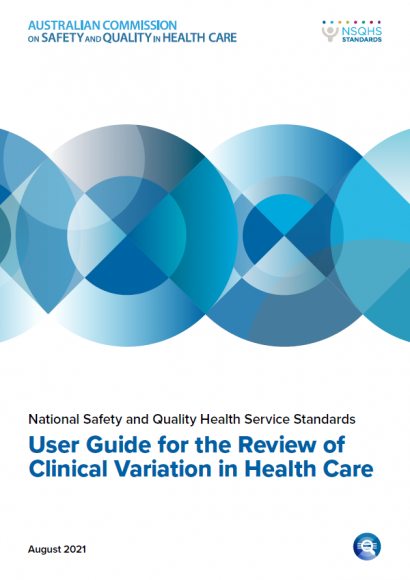In response to the first Australian Atlas of Healthcare Variation, the Commission contracted Barbara Schmidt and Associates as consultants to identify and describe successful strategies that effectively implement best practice primary and secondary prevention services for patients with chronic disease in remote Australia.
The User Guide supports health services to implement Action 1.28 of the National Safety and Quality Health Service Standards. It explains how health services and their clinicians can use data to improve the appropriateness of clinical care. It includes a suite of case studies that take users through the six steps of reviewing clinical variation data to improve processes and care.
VRE in Australia
Instructions and frequently asked questions to support auditing, Hand Hygiene Auditor and Hand Hygiene Auditor Educator training.

